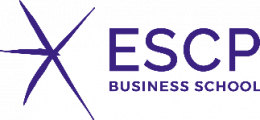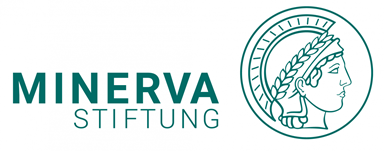Research can face artificial intelligence (AI) as an issue of technology development but also as an issue of enacted technology at work. Human-centered design of AI gives emphasis to the expertise and needs of human beings as a starting point of technology development or as an outcome of AI-based work settings. This is an important goal, as expressed, for example, by the international labor organization’s call for a „human-centered agenda“ for the future of AI and automation collaboration. This Research Topic raises the question of what human-centricity means, i.e. what are the criteria and indicators of human-centered AI and how can they be considered and implemented?
The aim of this Research Topic is to open a floor for an interdisciplinary discourse elaborating on theoretical concepts and methods in use that specify the human-centricity of AI work settings. A common ground for theory development and discourse on empirical results is necessary as human-centered AI is being theorized, investigated, and developed in various disciplines. The range of disciplines is from information science, machine learning, engineering and robotics, medicine up to ergonomics/work science, psychology, sociology, philosophy, business studies, law and labor relations just to mention the core disciplines involved in the current debate. These disciplines provide different basic understandings of what human-centered AI at work exactly means. Basic assumptions are not necessarily routed in explicit theories but also result from theories in use leading to a set of methods and instruments applied in R&D projects and transferred to practice. As different perspectives co-exist and are currently not well integrated there is a need to further specify and systemize what human-centered AI in the workplace exactly means and what the underlying criteria are. Based on that, we can gain an overview, search for a common ground and distinguish between communities that move forward the discourse in parallel.
We invite a wide range of empirical and theoretical contributions that investigate:
- Work settings making use of AI
- The connection and loops between AI development and AI use fields
- Regulations for AI implementation
- Issues of decision making with and/or about AI at work
We equally appreciate theoretical or empirical work on how to specify human-centricity as a (normative) input factor, as a throughput in process descriptions and/or as an measurable output of AI-based work settings. Invited research contributions might contribute from different starting points:
- Theoretical outlines giving emphasis to concepts for specifying the normative basis of human-centered AI at work
- Methods, instruments, and standards in terms of theories in use of what human-centricity means
- Empirical studies investigating the antecedents and/ or outcomes of human-centered AI use at work and mediating or moderating mechanisms;
- Case study analysis representing practices of human-centered AI where qualitative field work allows to specify criteria in an inductive manner
Topic Editors:
- Annette Kluge (Ruhr University Bochum)
- Corinna Pfeifer (University of Lübeck)
- Uta Wilkens (Institute of Work Science, Ruhr University Bochum)
- Verena Nitsch (Institute of Industrial Engineering and Ergonomics, Faculty of Mechanical Engineering, RWTH Aachen University)
Submission Deadline for Abstract: 06 February 2023.
Submission Deadline for Manuscript: 06 July 2023.
View the complete CfP here.









